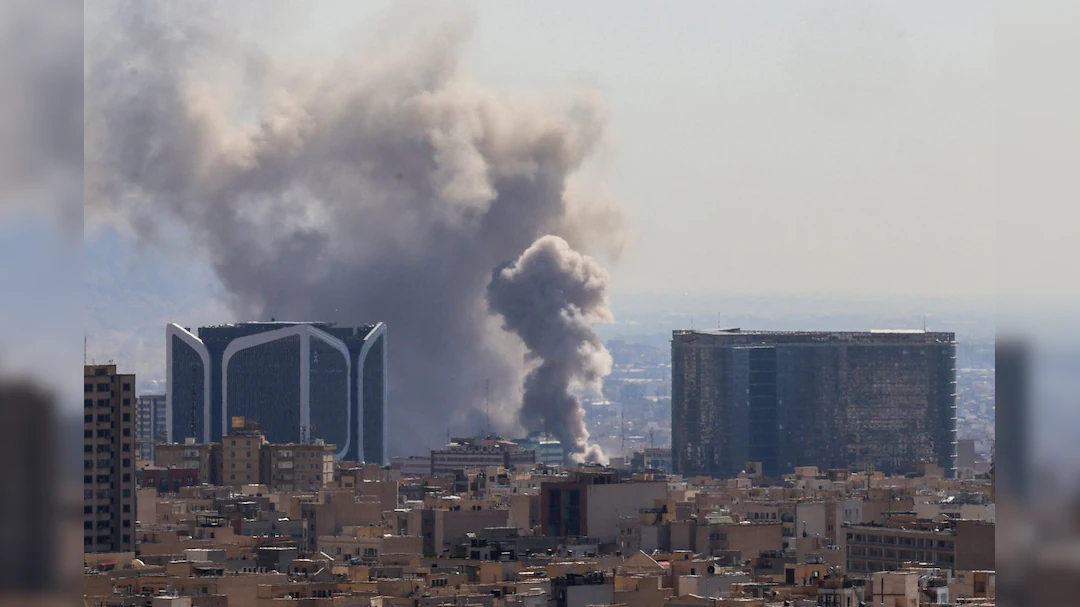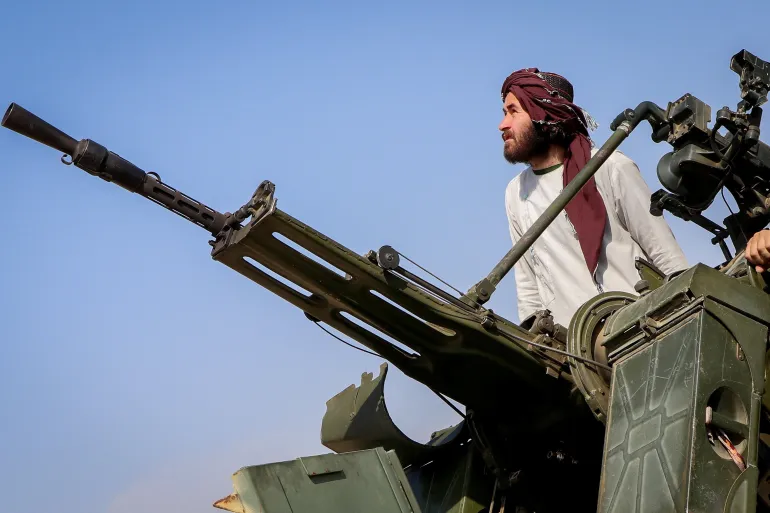By Manisha Sahu,America News World
Pakistan cricket finds itself in fresh turmoil after an unusual “handshake snub” by India during the Asia Cup, triggering a chain of dramatic developments both on and off the field. What began as a minor act of sporting protocol has now snowballed into a full-blown diplomatic cricketing crisis, with the Pakistan Cricket Board (PCB) hinting at a possible boycott of the tournament.
The immediate trigger was India’s refusal to participate in the customary post-match handshake following their seven-wicket win over Pakistan in the Group A fixture on Sunday. According to Pakistan’s camp, match referee Andy Pycroft had earlier instructed the captains — Suryakumar Yadav and Salman Agha — not to shake hands at the toss. Yet, Pakistan still lined up for the traditional gesture at the conclusion of the game, only to be left hanging.
From Pakistan’s perspective, the incident was a breach of cricket’s long-cherished spirit. “Disappointed,” was how Pakistan coach Mike Hesson described the snub. In protest, Pakistan skipped the usual appearance of their captain at the post-match presentation, sending Shaheen Shah Afridi — who had lit up the game with four sixes — instead.
But the matter escalated quickly. PCB chairman Mohsin Naqvi suspended Usman Wahla, the board’s Director of International Cricket, reportedly holding him responsible for mishandling the situation. At the same time, the board lodged a formal complaint with the International Cricket Council (ICC), accusing Pycroft of violating the ICC Code of Conduct and the MCC’s Spirit of Cricket.
“The PCB has demanded an immediate removal of the Match Referee from the Asia Cup,” Naqvi declared on X (formerly Twitter). Though the statement stopped short of explicitly threatening a boycott, insiders confirm that walking away from the tournament remains an option if the ICC fails to act.
The ICC, in keeping with its usual practice, maintained silence. Historically, the governing body has avoided intervening in matters of protocol disputes unless disciplinary codes are clearly breached.
The controversy has revived memories of one of cricket’s most infamous standoffs: the 2001 Mike Denness saga in South Africa. Then, Denness slapped bans and fines on six Indian players, including captain Sourav Ganguly and Sachin Tendulkar, triggering outrage in India. The Board of Control for Cricket in India (BCCI) retaliated by continuing the series without Denness, appointing its own referee. The ICC declared the subsequent match “unofficial,” creating a bizarre situation where one side insisted the game was official and the other refused to recognize it.
Now, Pakistan finds itself in a similarly awkward position. By demanding Pycroft’s removal, the PCB risks isolating itself if the ICC refuses to budge. Yet, with political undertones already straining India-Pakistan cricketing ties, the board appears unwilling to back down quietly.
Adding to the confusion, Pakistan abruptly cancelled its scheduled pre-match press conference on Tuesday evening ahead of their clash with the UAE. While officially unlinked, insiders suggest the move was to avoid uncomfortable questions about the boycott threat and Pycroft’s continued presence as match referee.
Instead, PCB spokesperson Aamir Mir sent a late-night WhatsApp message to Pakistani journalists, saying no decision had yet been finalized. “Consultations are underway in this regard and a final decision will be taken by tomorrow (Wednesday). The decision will be taken keeping in mind the interest of Pakistan,” the statement read.
This message is widely seen as a tacit admission that a boycott remains on the table, though the PCB is also wary of the backlash such a drastic step could provoke. With the Asia Cup being a key preparatory tournament ahead of the T20 World Cup, pulling out could hurt Pakistan more than it hurts others.
For now, the focus shifts to Pakistan’s must-win game against the UAE on Wednesday night. A victory would set up another blockbuster clash with India on Sunday, a contest now likely to be played under an even more charged atmosphere.
The PCB’s next move will be closely watched. Boycotting the Asia Cup could bring short-term political satisfaction, but it risks undermining Pakistan’s cricketing ambitions and alienating neutral fans. At the same time, quietly backing down without achieving any concession from the ICC could be portrayed domestically as a climbdown.
Either way, the tournament now carries a shadow of controversy that shows no signs of clearing soon. The handshake row — seemingly trivial on the surface — has spiraled into a test of egos, governance, and cricket diplomacy. As the Asia Cup continues over the next 11 days, the cricketing world will watch closely to see if Pakistan plays its next hand on the field — or off it.
For more updates stay connected with America News World.
Discover more from AMERICA NEWS WORLD
Subscribe to get the latest posts sent to your email.
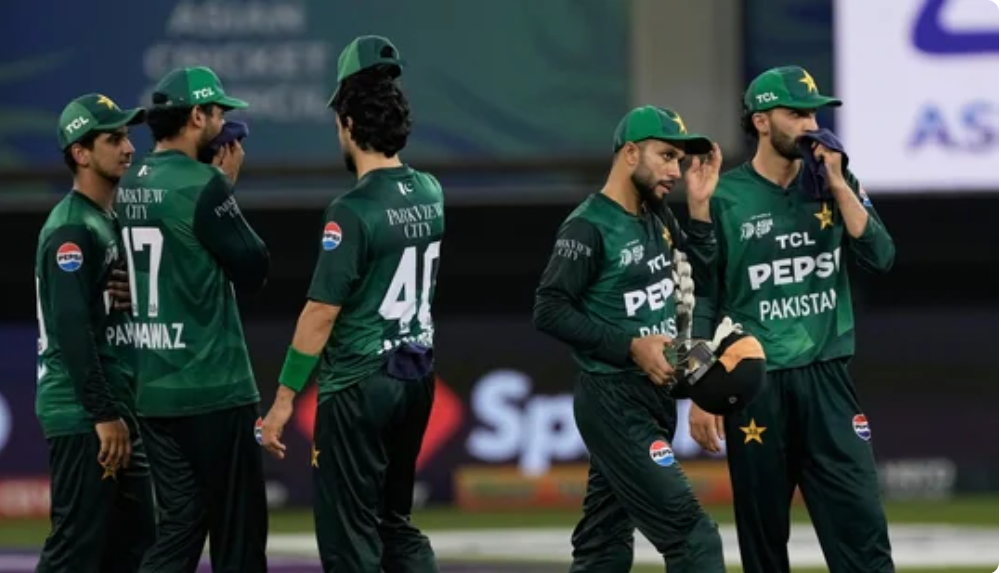
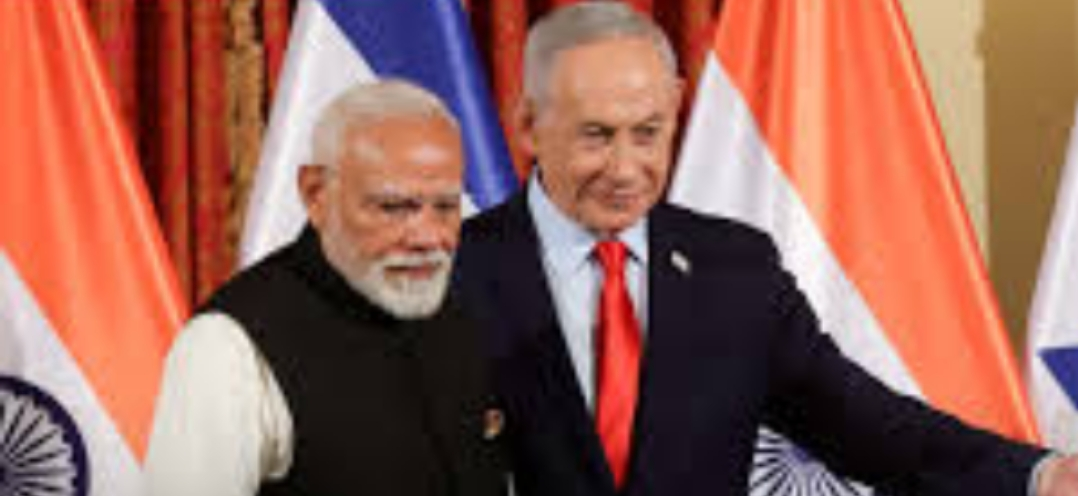
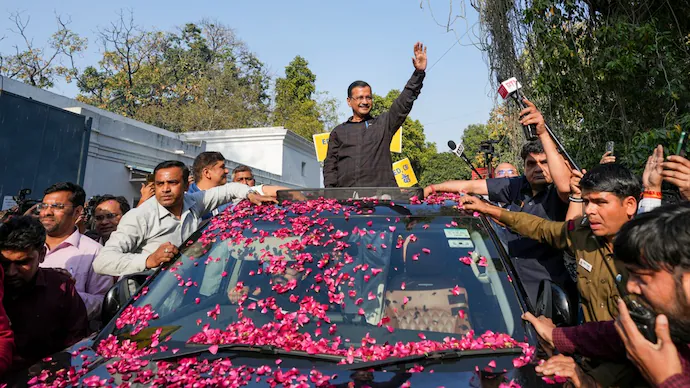

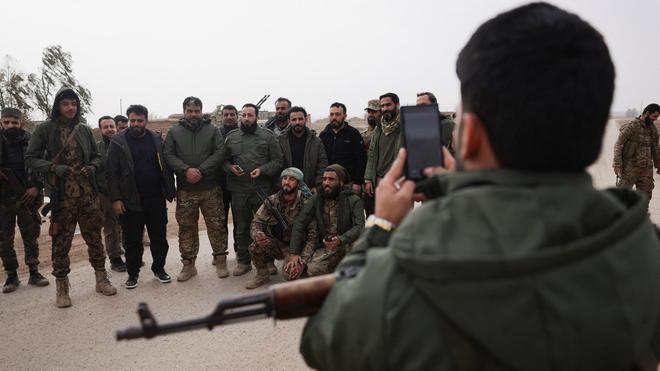


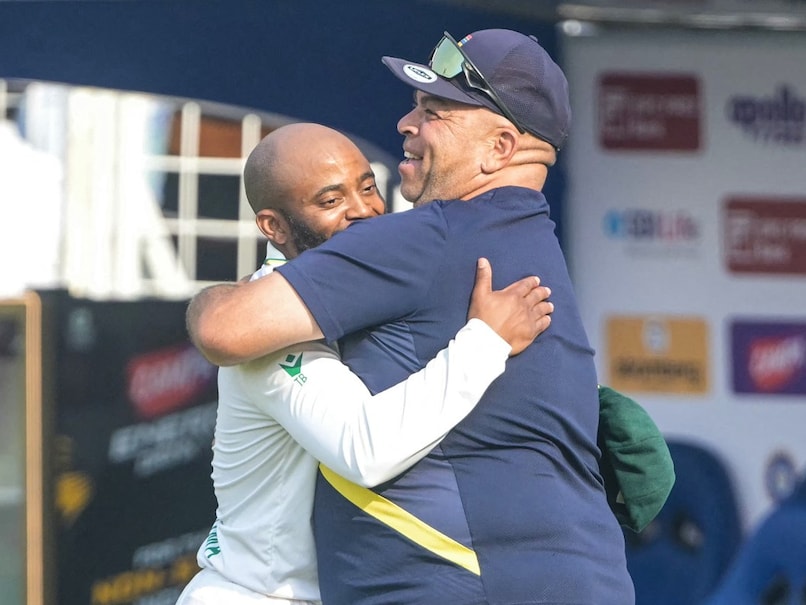









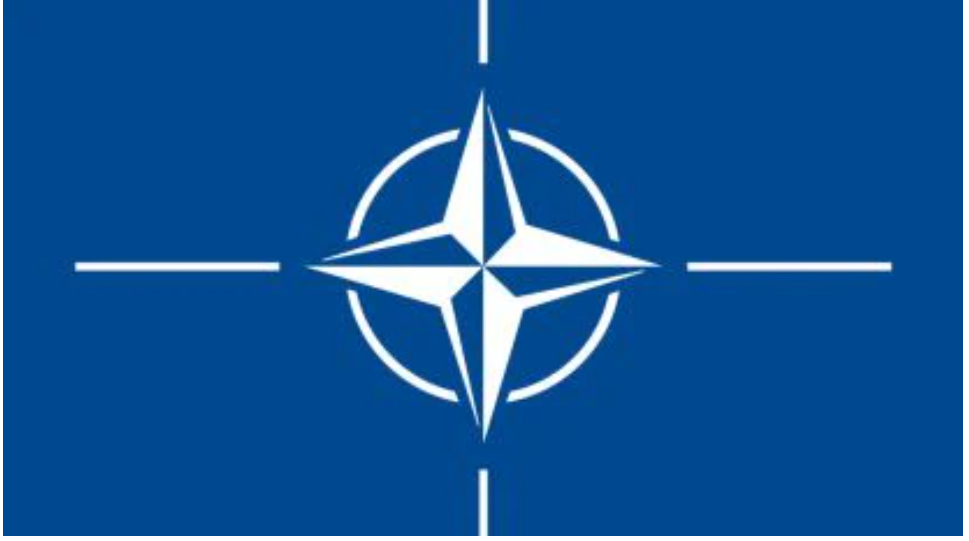




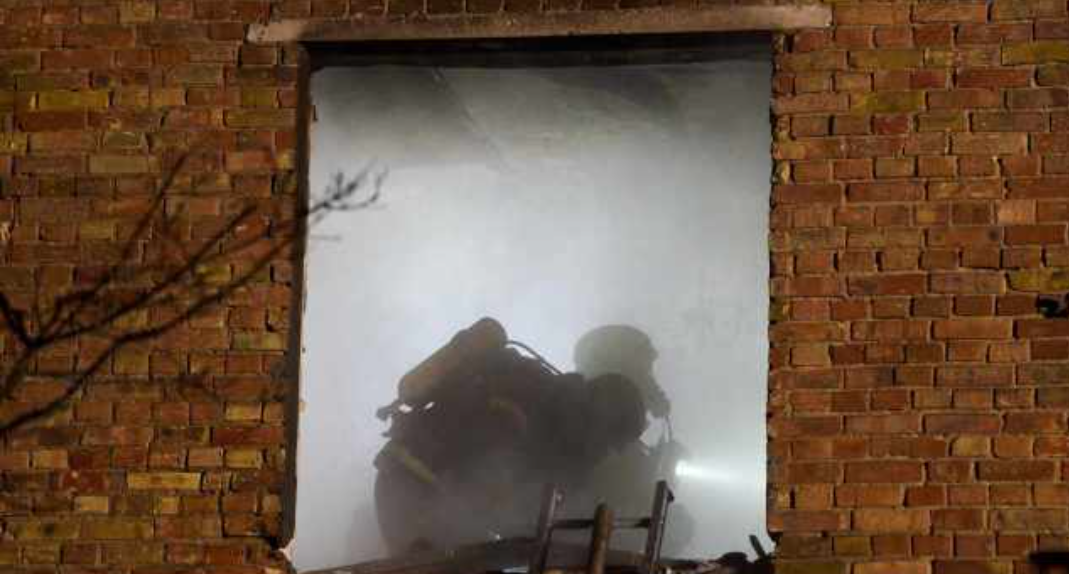
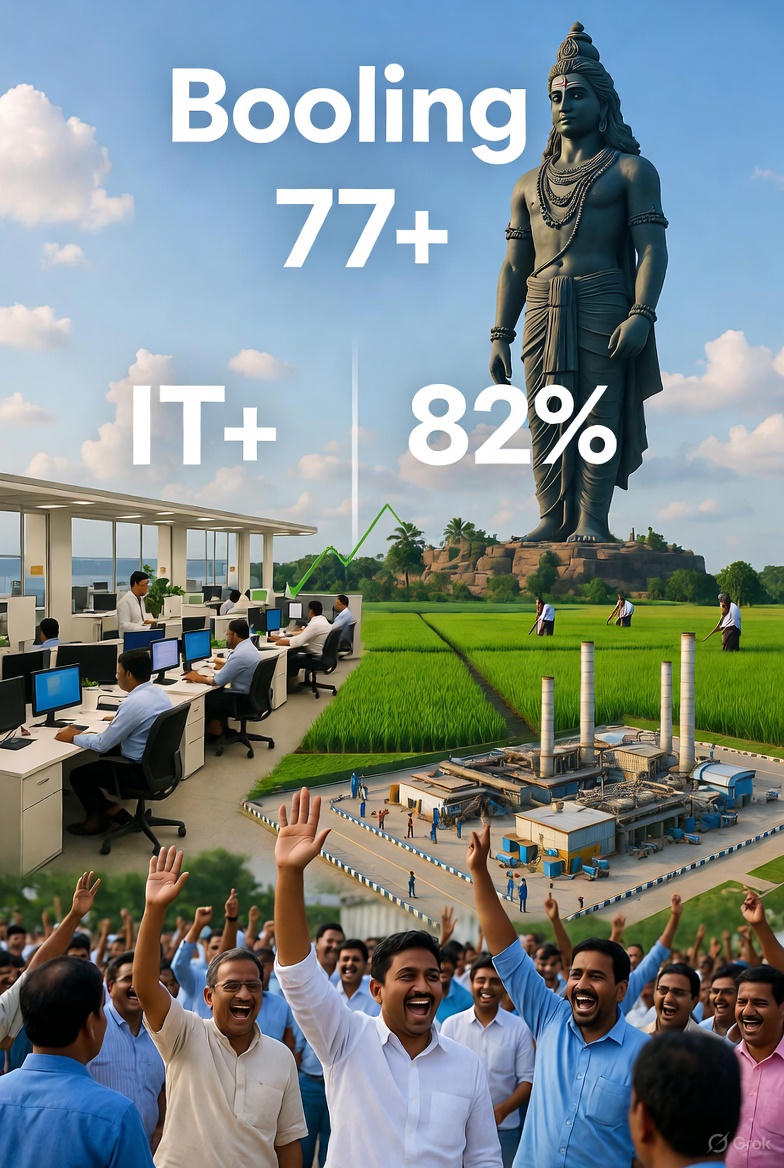






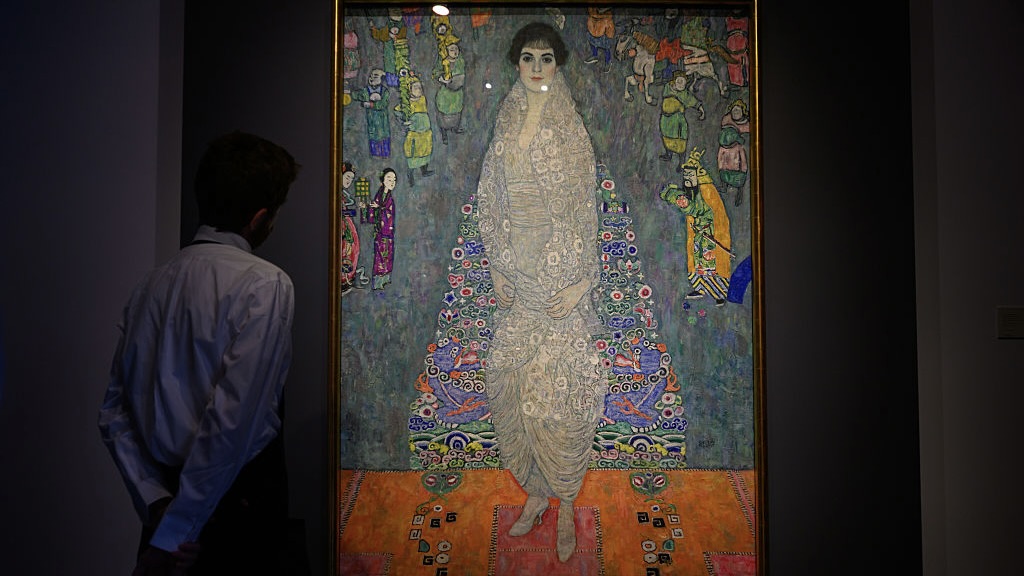






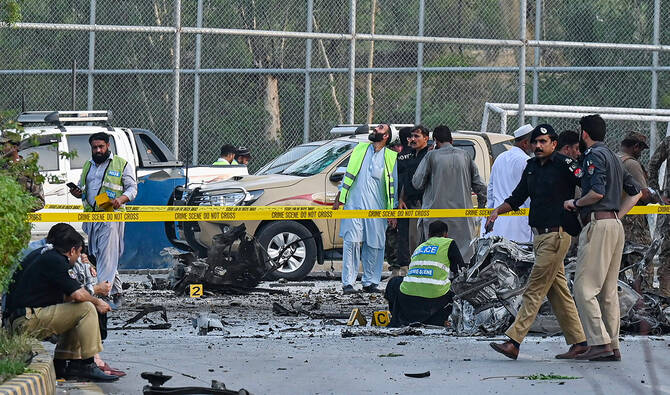
![Smoke rises after Israeli strikes in Beirut's southern suburbs, on March 2 [Mohamad Azakir/Reuters]](https://america112.com/wp-content/uploads/2026/03/hgh.webp)
